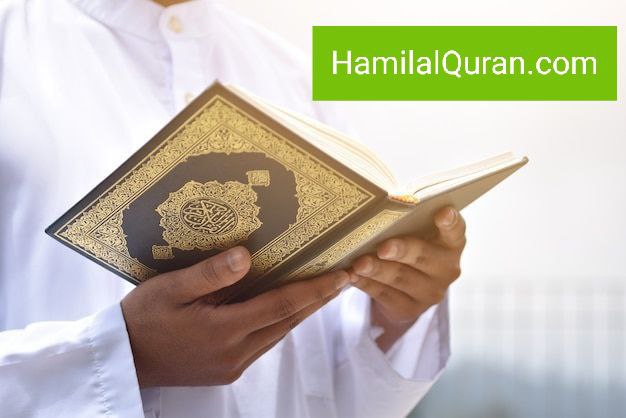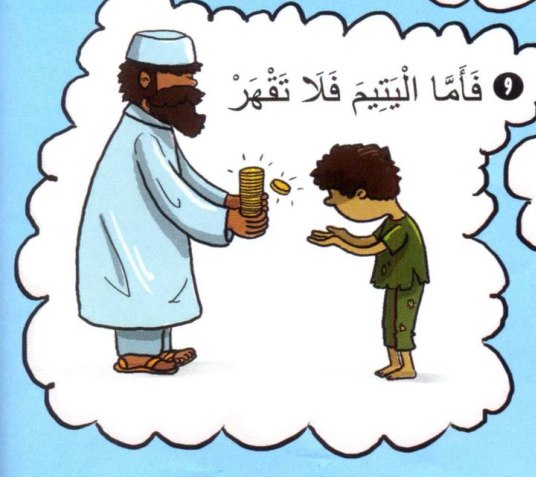In Islam, social justice is a central concept that emphasizes the need to establish a fair and equitable society, where all individuals have access to basic rights and opportunities. The Holy Quran and the teachings of the Prophet Muhammad (PBUH) emphasize the importance of social justice, and Muslims are encouraged to work towards its realization in their communities and societies.
Some aspects of the Islamic concept of social justice are:

The Concept of Equality in Islam
Islam religion emphasizes the need for equality between all individuals, regardless of their race, ethnicity, religion, or social status. The Holy Quran says:
"O mankind, indeed We have created you from male and female and made you peoples and tribes that you may know one another. Indeed, the most noble of you in the sight of Allah is the most righteous of you."
Therefore, Muslims are encouraged to treat all people equally and to work towards eliminating discrimination and prejudice.
Islam religion places a strong emphasis on the need for justice and equity in all spheres of life. Muslims are urged to treat others justly and fairly and to try to guarantee that everyone has access to fundamental freedoms and opportunities.
The Concept of Good governance and leadership
Islam religion emphasizes the need for good governance, where leaders are just and fair in their decisions and actions. Muslims are encouraged to work towards establishing good governance in their communities and societies and to hold leaders accountable and just for their actions.
"Indeed We established him upon the earth, and We gave him to everything a way."
Good governance in Islam religion is based on the principles of justice and fairness. Muslim leaders are encouraged to make decisions that are fair and just and to treat all individuals equally, regardless of their social status or background. Good governance in Islam religion emphasizes the need for accountability. Muslim leaders are encouraged to be accountable for their decisions and actions and to be transparent in their dealings with others. Islam places a strong emphasis on the value of deliberation and agreement. Before making crucial decisions, Leaders are urged to speak with others and look for consensus. Islam places a strong emphasis on the necessity to defend human rights in good governance. The establishment of a society where everyone has access to fundamental liberties such freedom of expression, religion, and association is supported among Muslim leaders.

Islam places a strong emphasis on the necessity to put the needs of people first. Rulers are encouraged to work for the advancement of their civilizations and communities and to put the wants of the populace before their own.
good governance in Islam is based on the principles of justice, fairness, accountability, consultation, consensus, protection of human rights, and public welfare.
Zakat For Social Justice in Islam
Allah SWT says:
"Indeed, Allah commands you to render trusts to whom they are due and when you judge between people to judge with justice."
In Islam, Zakah (Charity) is an important pillar of Islam and the third pillar of Islam that emphasizes the need for Muslims to give a portion of their wealth to those in need. The word Zakah means “purification” or “growth” and it refers to the act of giving a portion of one’s wealth to the poor and needy. In Islam, Zakat is considered a form of worship and a means of purifying one’s wealth and soul.

Importance of Zakah in Islam:
- Fulfilling Religious Obligation to Allah SWT: Zakah is one of the five pillars of Islam and is considered a religious obligation for all Muslims who are financially capable. Giving Zakah is a means of worshiping Allah and fulfilling one’s religious duty and a means to establish social justice.
- Purification of the money: Zakah is a means of purifying one’s wealth. By giving a portion of one’s wealth to those in need, Muslims purify their wealth and make it more beneficial for themselves and they will value the money as a blessing from Allah.
- Helping the Needy and the poor: Zakat is an important means of helping those in need. It is a way of ensuring that the poor and needy in society receive the support and assistance they require. The Concept of Zakat is explained in the Holy Quran as a means of Purification, Allah Says: “He has succeeded who purifies it,” Surah Ash-ms.
Another Surah:
"O you who have believed, spend from that which We have provided for you before there comes a Day in which there is no exchange and no friendship and no intercession. And the disbelievers - they are the wrongdoers."

Conclusion:
Individuals can promote and Cultivate the meanings of social justice in their daily lives by taking small yet meaningful actions that promote equality, fairness, and justice in their communities and societies. They can read books about social justice, attend workshops, and engage in conversations with others to learn more about the root causes of social and economic inequality, as well as strategies for promoting justice and equality. Individuals can also donate to charities and organizations that work towards promoting social justice. They can support organizations that provide assistance to those in need, or that promote policies and programs that help to reduce poverty and inequality.
